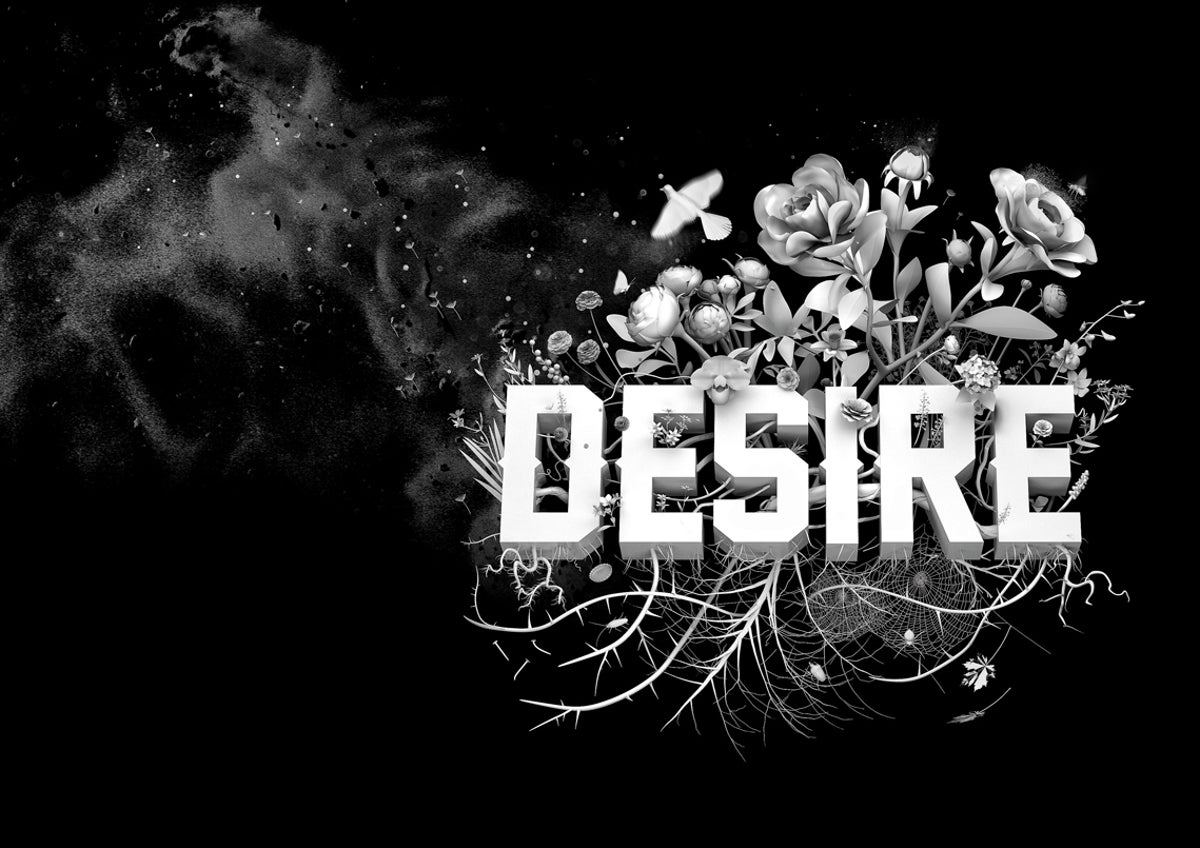
Dopamine: The Currency of Desire

Pleasure of some sort—whether benign, problematic, or illicit—is involved in our daily interactions with the Internet. If there is a certain compulsiveness to our online experience, then it is because our internet experience shares in an economy of desire, pleasure, and cycles of stimulation and diminishing return that potentially lead to addictive... See more
L. M. Sacasas • Desire, Dopamine, and the Internet
Rather than giving us pleasure itself, as is commonly thought, dopamine motivates us to do things we think will bring pleasure. As the brain’s major reward and pleasure neurotransmitter, it’s what drives us to seek pizza when we’re hungry and sex when we’re aroused. Scientists use dopamine to measure “the addictive potential of any experience,”... See more
Jamie Waters • Constant craving: how digital media turned us all into dopamine addicts
Wanting has a mascot, and its name is dopamine—those tiny carriers of motivational signals zipping around our brains.
When dopamine first captured scientific attention, it was dubbed the chemical of pleasure. We believed that more dopamine equaled more happiness, but that’s only partly true. Dopamine is less about experiencing pleasure and more... See more
When dopamine first captured scientific attention, it was dubbed the chemical of pleasure. We believed that more dopamine equaled more happiness, but that’s only partly true. Dopamine is less about experiencing pleasure and more... See more